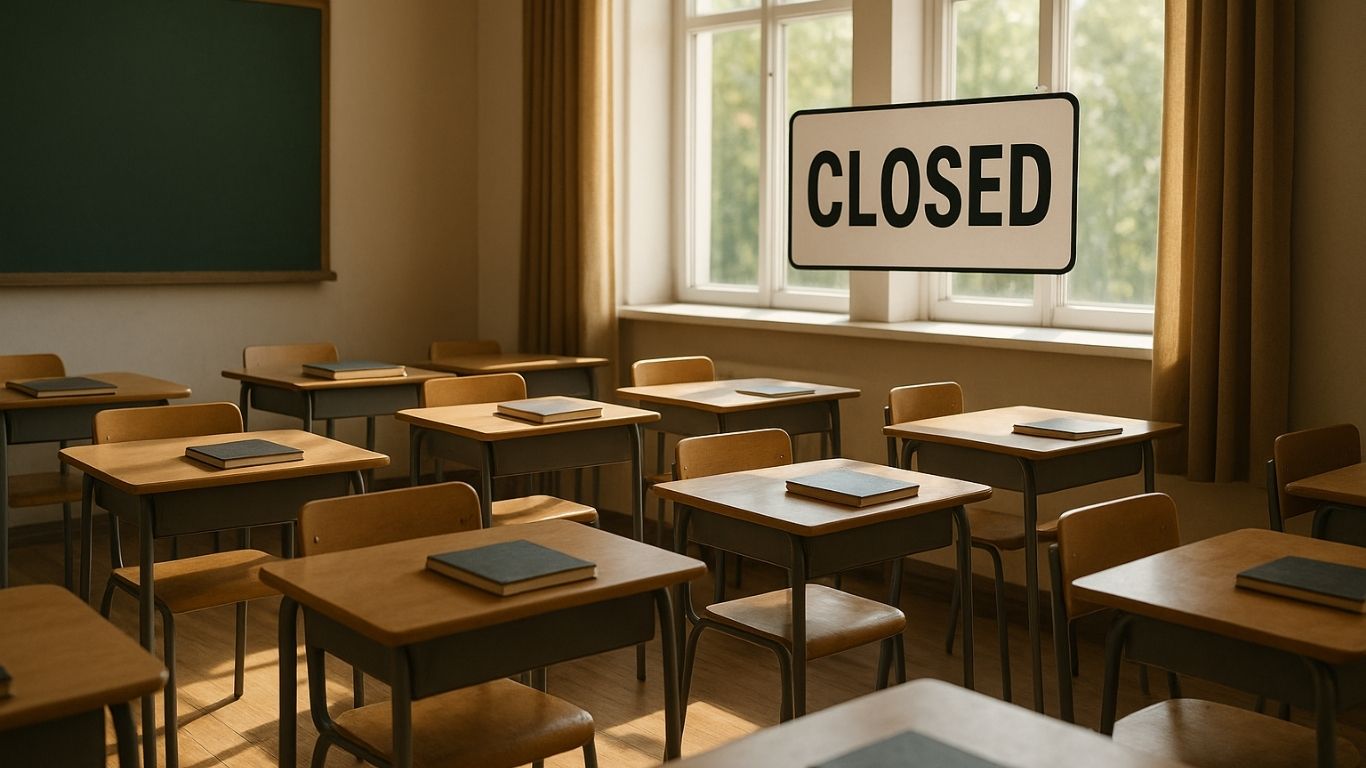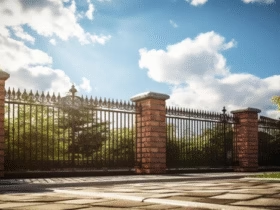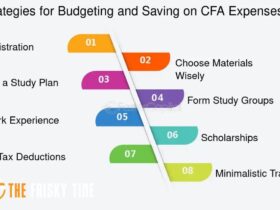VAT and private schools have become one of the most discussed topics in educational policy. As the issue of affordability and accessibility increasingly concerns people, the possibility of private school closure due to VAT is becoming a topic of question among parents, teachers, and policymakers into the matter. This article outlines the meaning of the changes, the reasons as to why closures might happen, and the broad effects that this might have on education in the UK.
What Does VAT on Private Schools Mean?
VAT (Value added tax) is a common consumption tax that is charged on the majority of goods and services in the UK. Conventionally, the VAT on education fees in the private schools was not paid. Suggestions of change, however, indicate that this exemption can be eliminated. Should it be put in place, there would be a hike of another 20 percent to the school fees, and this would largely transform the financial scene in the field of private education.
To illustrate, when the current annual tuition stands at £15,000, the introduction of VAT would put that at £18,000. This rise would render private schooling unaffordable to many families that are already straining their budgets.
Why Would VAT Lead to Private School Closures?
The main reason is demand. The private schools depend on the fee-paying learners. In case the cost increases drastically, a large number of families will pull out their children and use the state-run schools. A decrease in enrollment would put small or underfunded small schools in a position of not being able to afford running costs.
Some of the reasons why closures may arise are:
- Declining Enrollment: The drastic decline in the number of students will result in reduced revenue.
- Raised Costs: VAT will put pressure, not only on parents but also on schools and they might have increased supplier costs.
- Competitive Pressure: Larger or elite schools might not be affected, but the smaller ones might have to close.
The Impact on Parents and Families
The most apparent impact in the case of parents is the financial strain. Numerous families spend very little to ensure they can afford private education at the expense of other aspects. The rise in VAT might make them unaffordable, especially those with middle incomes who are not rich yet want their children to get a chance to study in a private school with a small class size, extracurricular activities or specialized needs.
There are also families that might make the effort to pay the higher charges at first, but long-term rises can make long-term private education unaffordable. Consequently, some increase in demand for scholarships or bursaries can be expected, but there will be less money available to the schools to provide such assistance.
Pressure on State Schools
Among the least publicized, yet also very important consequences of the closure of the private schools is the spillover to the state sector. Should thousands of children transfer to state schools, the local authorities may run into:
- Overcrowded Classrooms: The sudden increase in students can put a strain on resources.
- Teacher Shortages: The demand can exceed the staff.
- Budgetary Strain: Schools that already have a limited budget will be hard-pressed.
Although it has been argued that VAT might be used to raise additional tax revenue, which might be utilized in state education, there may still be short-term interference with the transition.
Effects on Teachers and Staff
Not only the students, but also teachers and support staff would be involved in closures. In the UK, there are tens of thousands of employees in independent schools. The closure wave would lead to the loss of jobs, and some would have to find other jobs in the state sector, where pay scales and working conditions might be very different.
In the case of teachers, this may bring about change in terms of increased class sizes, diminished resources, and changed curriculum requirements.
Wider Economic and Social Impacts
Non-educational, the sector of private schools plays an important role in the UK economy. The propensity of the closures may extend long distances in terms of employment and property values around popular schools to even partnerships with local businesses.
Further, it cannot rule out the social impact. Families prefer their own education as it is more stable and continuous or has special courses like music, sports, or another language immersion. Since losing access to these opportunities may make inequalities even larger, they would not be shut down.
Will All Private Schools Be Affected?
The amount of risk is not equal in all private schools. The changes in VAT are less likely to affect prestigious institutions that have long waiting lists and appeal internationally, because rich families can afford it. But smaller, local or specialist schools may be the ones that suffer the most, including those that specialize in a given learning need.
Conclusion
The possibility of private school closure due to VAT is more than just a financial issue, but an educational, social, and political argument that has far-reaching consequences. Parents might be compelled to re-evaluate their decisions, state schools might have increasing pressure, and staff might feel uncertain about their careers.As the debate rages on, it is evident that alterations to VAT on private schools would transform the education sector in the UK, with both winners and losers, as well as leave families all over the UK to make serious adjustments.












Got a Questions?
Find us on Socials or Contact us and we’ll get back to you as soon as possible.